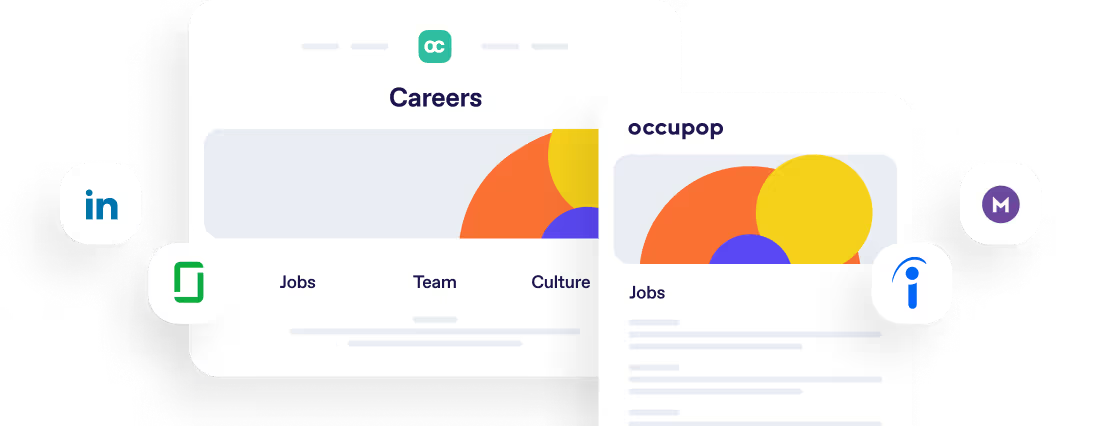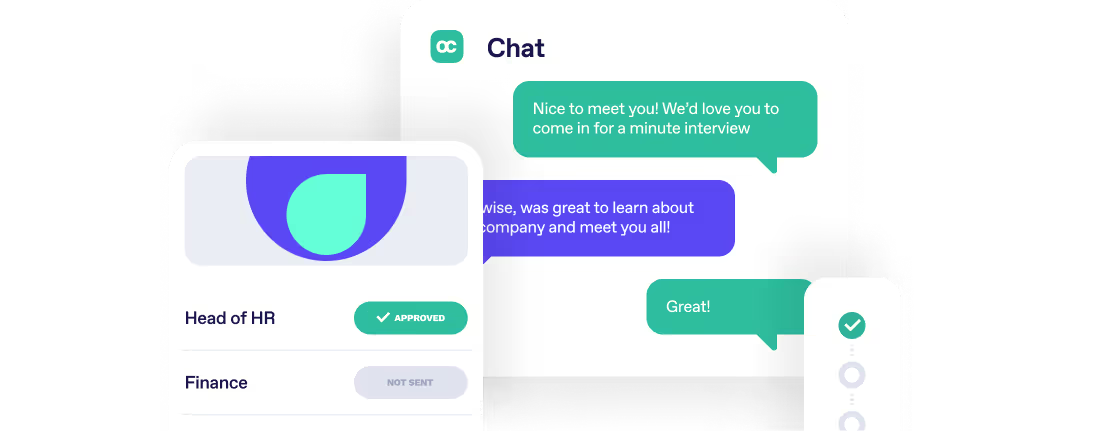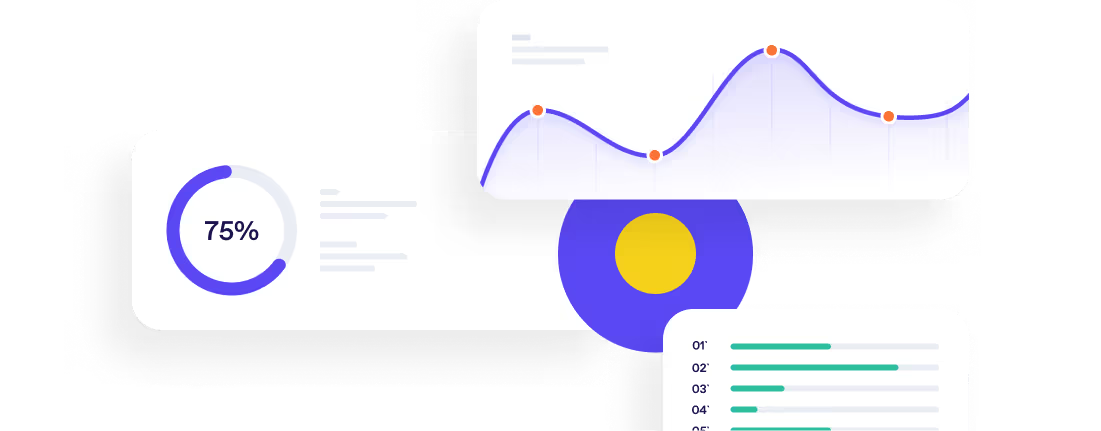UK Hospitality Recruitment Challenges



Like many others industries, Brexit has taken its toll on the tourism industry in the UK. In 2018, VisitBritain predicted overseas visits to the UK to break through the 40 million mark for the first time, up 4.4% on 2018. The reality however, according to the Guardian, is that the number of people visiting the UK on holiday fell in 2018. The UK saw a decline of 5.3% in overseas tourists and a 2.3% fall in spending.
Though it’s not all doom and gloom, according to research from real estate company Knight Frank, revenue per available room (revpar) levels recorded growth of 3.9% in London, while the top 20 regional UK towns and cities are set to achieve the strongest revpar growth at 4.5%. Further to this, Knight Frank also reported that the UK hotel market was expected to grow by 3.3% by the end of 2018, a figure equivalent to 21,000 new rooms. The restaurant industry is also set to see significant growth in 2019. The number of consumers choosing to eat out is due to increase this year by 83m visits, with deliveries seeing the biggest growth, with a forcasted growth of 101m in 2019, according to new data from NPD Group.
Therefore, although the industry might be witnessing a decline in overseas tourism, the increase in hotel numbers is evident and those supporting the restaurant & hospitality industry remains. The hospitality industry employs just over 1.75 million people in the UK, as per June 2018 and is therefore still a very prominent employer.
However, where Brexit may come back into the fore regarding employment in this industry, is the possible departure of employee’s after Britain leaves the EU. Around one in 10 (11%) people working in UK restaurants, catering, bars and hotels are thinking about leaving the UK as a result of Brexit, according to the survey conducted by YouGov. This means, that those hiring in the industry will have a smaller pool of potential candidates, and this is outside of the recruitment struggles currently in the industry. Working with our hotel & hospitality clients, we have established the main recruitment issues and we have developed a list of our suggested fixes to help you overcome the most common issues facing recruitment in the hotel & hospitality industry.

Candidate quality
From our research, candidate quality is the number one challenge. It is seen by every industry currently in this candidate driven market and the hotel & hospitality industry is no exception. Within the industry, you may be hiring for a variety and a large number of roles at any one time and depending on your location, the qualified workforce might not be available to you, even if it is, where are they looking? How will you stand out from competitors to attract the right candidates?
Fix: Be everywhere. The traditional job boards or industry-specific job sites are not necessarily where your perfect candidates are looking. Businesses nowadays need to post on all popular job boards; free, sponsored and premium, careers page and social media to ensure they are attracting a good volume of quality candidates. Recently, we looked at data from a number of our hotel & hospitality customers and found that Indeed performed by far the best in terms of attracting candidate volume across the wide variety of hotel & hospitality jobs, but Nuevoo had an excellent apply to hire ratio. In conjunction to this data, candidates who apply directly to a company career's page have strong applied to hire ratios.
But what if your ideal candidate isn’t looking at all? We now have a passive job seekers market i.e. an individual is not actively looking at job boards or researching alternative options, and though job swapping is more prevalent, job security is still important.
Fix: Recruitment marketing. Recruitment marketing is a strategy based method of recruitment, utilising marketing methods and brand awareness to attract candidates who are not currently looking for a new position, to be attracted to your company profile. There are many ways to approach and attract through recruitment marketing, for example, through social media, which is covered in our ‘How to use social media to recruit’ blog here.

Budget
“If you think it’s expensive to hire a professional, wait until you hire an amateur.”
Paul Neal “Red” Adair had it right, companies spend time and money when hiring because the cost of hiring the wrong people or losing talent is much higher. In the hotel & hospitality industry, many organisations might use a preferred recruitment supplier for particular roles that require specialised skill sets, and, for broader roles,use job boards with cost per click sponsoring to increase visibility and in turn, volume. The potential issue here is you are investing large sums of money without doing the figures on the cost of hiring and analysis of previous hiring processes and spend. Overall being rushed to hire, using the wrong channels and having an ineffective process can lead to poor hiring decisions.
Fix: Utilise your data. All HR departments should be utilising HR analytics to inform and influence hiring decisions. This is done by analysing all areas of the hiring process to establish effective hiring patterns and worthwhile investments. For example, if you are using a premium job board and it is seeing an excellent return of candidates but they all drop off at the interview stage, it would be considered a poor return on investment. Using data to highlight where there is a worthwhile investment and previous success when hiring, is a lot more likely to be approved and see continued success. It will also help in ensuring that you are on-boarding and retaining good quality candidates that are the right fit for your company.
In conjunction to this, the most economical thing your company can do is work out the Cost-Per-Hire (CPH) calculation. A CPH calculation looks at all the costs involved when taking on a new hire. This may include; recruitment and social marketing costs, potential recruiter costs, sponsored job boards, onboarding & training costs, benefits, relocation costs etc. Note that salary would generally fall under the department they work and would not be included into the CPH.
INSERT-CTA
Lack of resources
You have allocated budget, you have done your research, you have attracted top quality candidates in their droves but you are a team of just you! You don’t have the time or resources to manually go through all resumes to ensure you are finding the right person for the right job. In fact, according to a recent IBM HR study, the average hiring manager spends just six seconds looking at resumes due to time constraints because of work load. 6 seconds doesn’t seem to allow enough time to accurately assess the suitability of a candidate, what if you invest so much in attracting the talent and you miss a perfect fit? The reason, we have found through our research, is because recruitment itself is a small part of the HR function, many HR Managers state that recruitment is 25% of their job but takes up 95% of their time!
Fix: Embrace A.I. & Automation software. The adoption of A.I. & Automation software has seen huge growth and is continuing to rise. The benefit of this software is that it does the heavy lifting for you. A.I. screens, scores and presents the best quality candidates to you first, removing the need to sift through numerous unsuitable candidates, you are presented with those who match the criteria you have set out in your job description. In conjunction with this, automation software allows you to automate the whole process from customisable emails to interview scheduling and team collaboration to hire. Use of this software also allows you to take back more control of the important ‘human’ elements of hiring. Removing the admin during recruitment saves time, 4-5 hours a week in fact, allowing you to focus on interviewing, researching and considering the most suitable candidates. It is important to see recruitment software as an aid rather than a replacement.
Turnover
The worst case scenario for all companies is investing time, budget and resources to finding the ‘right person’, only for them to leave. No company can prevent this completely and there are many reasons why someone might leave e.g. location, relationship status, family illness etc. However, should you see ongoing and consistent resignations across the board or in specific departments it is worthwhile engaging with your staff to assess why and implementing retention focused initiatives. We will cover retention based strategies and insights in subsequent blogs, but one area for consideration is training.
Fix: Invest in training programs. This isn’t just on-boarding training, training programs should be seen as an ongoing opportunity to up-skill and engage with employees. Having both internal and external training enforces the idea of investment in staff and their worth. The added benefit of course to you as an employer is a highly skilled workforce. A very worthwhile training program in the hotel & hospitality industry is cross-functional training i.e. the waiting staff learning from the bar staff, the bar staff learning from the chefs. An article by Marriott Hotels highlights the benefits and the success of cross-training within their business, read this article here. The purpose of this is to increase the appreciation of how you operate as a business, what services you provide and to assist in employee interaction in multiple departments, ultimately helping those who want to progress within the business an ability to do so. There is, of course, the added benefit that your staff will be able to promote and speak to your customers on other areas of your business with confidence.
Some of the fixes mentioned in this article might seem daunting, but there are many great solutions available to help you improve your hiring and retention processes.
INSERT-LINE
If you want some help with hiring then check out our solution, Occupop. Our easy-to-use, smart recruitment software can reduce time to hire by 50% and is currently saving customers up to 78% on their annual recruitment budget. With Occupop you can post to 20+ job boards, social media and your careers page instantly. Our smart questions and A.I. can reduce your CV screening time by 50%. Fully streamline your hiring process, let Occupop take care of the difficult and time-consuming tasks so that you can focus on hiring the right people.
See how we can help, at Occupop.com. Get started for free now!
Summary Points
The top UK Hospitality Recruitment Challenges:
- Candidate Quality. Fix - posting to multiple job boards and recruitment marketing.
- Budget. Fix - Utilise your data to make informed hiring decisions.
- Lack of resources. Fix - Embrace A.I. & Automation software.
- Turnover. Fix - Invest in training programs.
Simple. Beautiful.
Recruitment Software.
HR updates sent straight to your inbox
You might also like...


Manage your entire hiring process simply, from engagement to management, hiring and onboarding







Simple. Beautiful.
Recruitment Software.
Recruitment Software.






